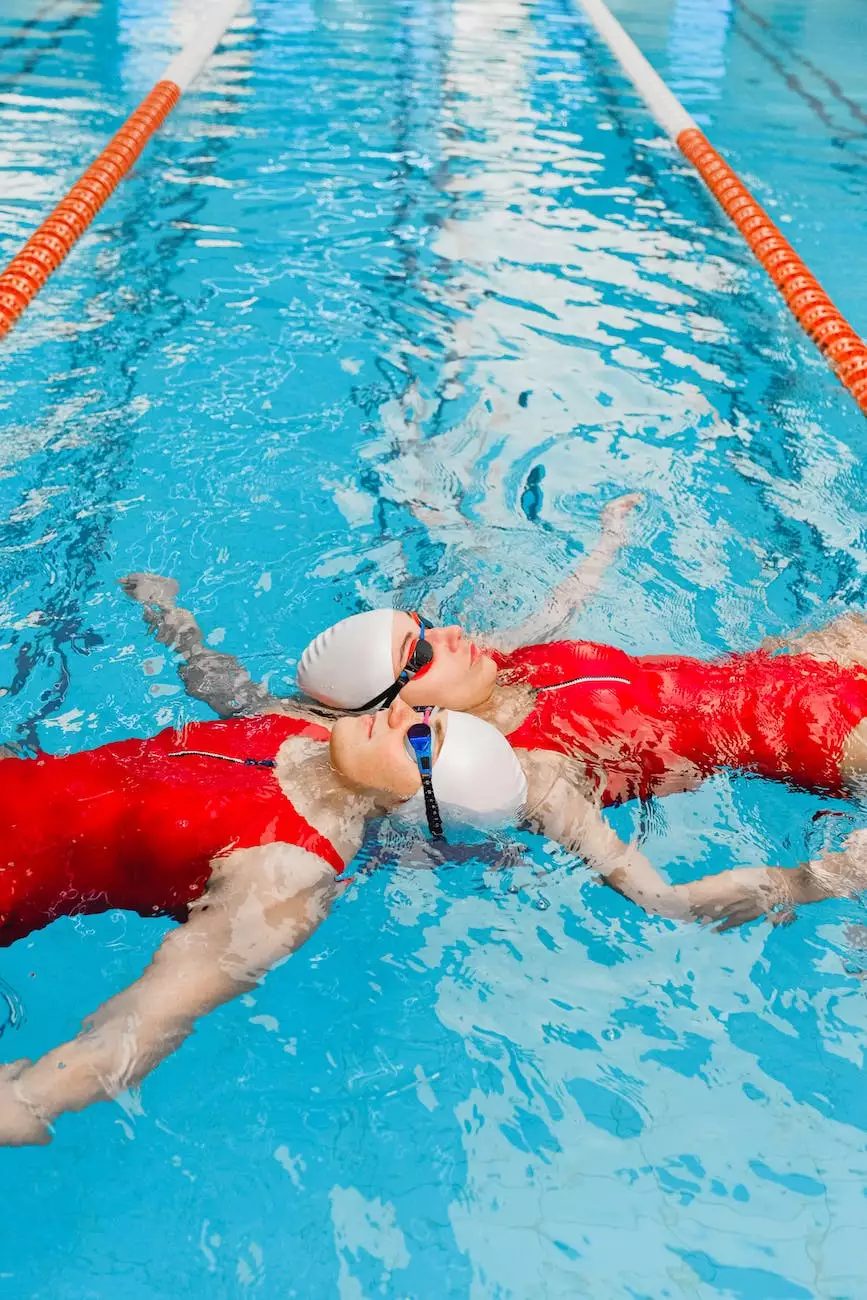Is Your Indoor Pool Properly Ventilated?
Blog
Welcome to SDG Insurance Agency, your trusted source for finance and insurance solutions. In this comprehensive guide, we will delve into the importance of proper ventilation for indoor pools and provide expert advice and solutions to ensure a healthy and safe swimming environment for your facility.
Understanding the Significance of Indoor Pool Ventilation
Indoor pools offer year-round swimming opportunities, allowing individuals to enjoy their favorite sport irrespective of weather conditions. However, the enclosed nature of indoor pools brings unique challenges, particularly regarding air quality and humidity. Poor ventilation can lead to a range of issues including:
- Excessive moisture accumulation
- Increased risk of mold and mildew growth
- Unpleasant odor
- Higher levels of chloramines
- Health problems for swimmers and staff
Key Considerations for Effective Indoor Pool Ventilation
Proper ventilation is crucial to maintain a healthy and comfortable environment in indoor pools. Let's explore some key considerations:
Ventilation System Design and Capacity
A well-designed ventilation system should be able to effectively remove humid air, unwanted gases, and contaminants. It should have the capacity to handle the pool's size, occupancy, and activity level. Working with experienced professionals such as SDG Insurance Agency can ensure the installation of a suitable system that meets your specific requirements.
Air Distribution and Air Changes
Ensuring efficient air distribution is essential for maintaining consistent air quality throughout the pool area. The number of air changes per hour (ACH) is a critical factor. The recommended ACH varies depending on the pool's size and type, but generally, a range of 6-8 ACH is considered ideal.
Dehumidification and Humidity Control
Dehumidification plays a crucial role in managing excessive moisture levels in indoor pools. High humidity can lead to condensation on surfaces, creating a breeding ground for mold, mildew, and corrosion. An effective dehumidification system ensures the optimal humidity level for both swimmers and the pool structure, reducing the risk of damage and potential health hazards.
Ductwork and Filtration
Properly designed and maintained ductwork is essential for the efficient operation of the ventilation system. It should be constructed and sealed to prevent air leakage, which can compromise air quality and system performance. Additionally, adequate filtration is necessary to remove airborne particles such as dust, pollen, and chloramines, ensuring a pristine swimming environment.
Benefits of Investing in Proper Pool Ventilation
By prioritizing proper ventilation for your indoor pool, you can reap numerous benefits:
- Enhanced Indoor Air Quality: Clean and fresh air enhances the swimming experience and reduces the risk of respiratory issues for swimmers and staff.
- Mold and Mildew Prevention: Effective ventilation and humidity control measures prevent the growth of mold and mildew, safeguarding both the pool structure and occupant health.
- Reduced Corrosion: Controlling humidity levels helps protect metal structures, equipment, and surfaces from corrosion caused by prolonged exposure to moisture-laden air.
- Energy Efficiency: A well-designed ventilation system with energy-efficient features can help lower energy consumption and save on operational costs.
Contact SDG Insurance Agency for Expert Pool Ventilation Solutions
Proper ventilation is a critical aspect of maintaining a safe and comfortable indoor pool environment. SDG Insurance Agency, with our extensive experience in the finance and insurance sector, can guide you through the process of selecting, installing, and maintaining an effective pool ventilation system. Trust us to provide you with expert advice and tailored solutions that meet your specific needs. Contact us today to ensure your indoor pool is properly ventilated!




